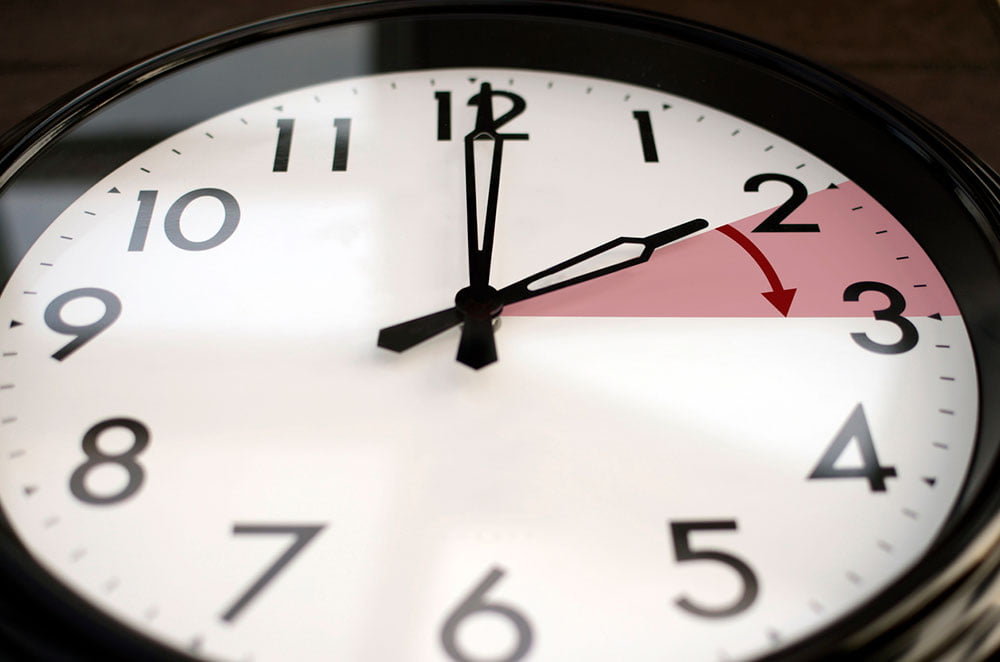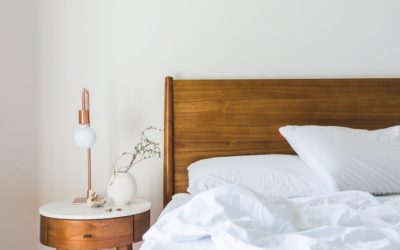With the clocks going forward at 2am on Sunday 25 March 2018, our friends at The Sleep Council are offering advice on how to survive the ‘lost hour’.
Said Lisa Artis: “Many people struggle with the ‘lost hour’ when British summertime begins and the clocks jump forward. Although it’s only 60 minutes, it can affect our body clocks which in turn affects our sleep pattern.
“For some people, it can take weeks to get back into a routine which has an impact on how they feel and even lead to a drop in productivity and energy levels.
“Our advice would be to cut back on chores rather than the snores, and don’t try to cram too much in beforehand to make up for the lost hour. It will do you far more good to sleep in a bit so you can feel rested and energised for spring!”
If you’re someone who feels the effects of losing an hour’s sleep, try following The Sleep Council’s tips to help yourself adapt:
- Move bedtime a little earlier, just by 10 minutes or so, in the days approaching the clocks going forward. It won’t seem too bad come Sunday when you lose those precious 60 minutes!
- With a change of natural light patterns, keep the bedroom as dark as possible. Light suppresses secretion of the sleep-inducing hormone melatonin. So while it is important to expose yourself to natural light during the waking hours as much as possible, conversely, do not expose yourself to bright light when it is dark outside.
- The Easter long weekend (March 30) can act as an ideal recovery time. Stay in bed and sleep for as long as normal on Sunday morning and make the most of Easter Monday with an extra lie in.
- Practice good sleep hygiene. Create a sleep-friendly environment that enhances your chances of falling asleep, staying asleep and sleeping well. This includes a cool temperature (around 16-18 degrees) and eliminating distractions (ie banning mobiles, tablets etc in the hour before bed).
- It may sound simple, but make sure your bed is comfortable. It’s difficult to get deep, restful sleep on one that’s too soft, too hard, too small or too old. If it’s older than seven years, maybe use the long weekend to look at replacing it.
- Try not to overindulge in chocolate, food and alcohol over the clock change weekend, as these all have a negative impact on sleep. If you’re tempted by all the chocolate Easter treats, reach for a milky hot chocolate before bed instead.
- If you can’t sleep, don’t lie there worrying about it. Get up and do something you find relaxing until you feel sleepy again – then go back to bed.






0 Comments